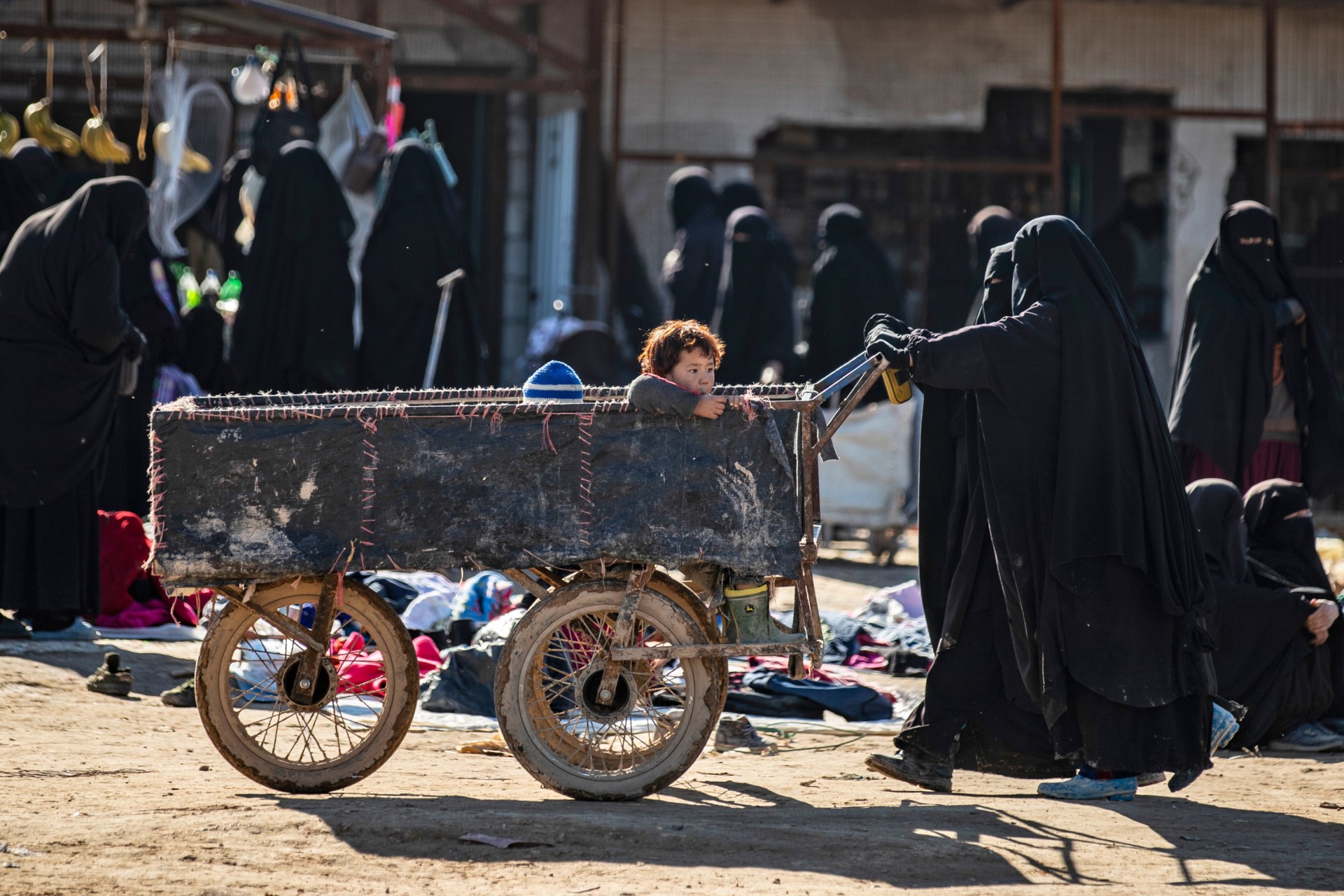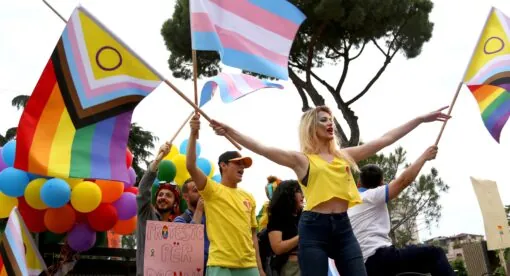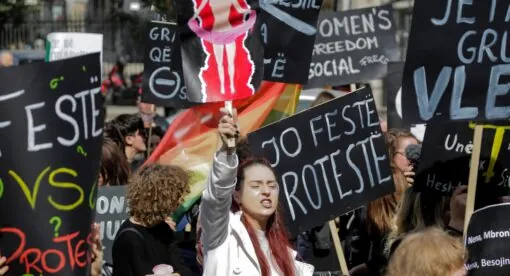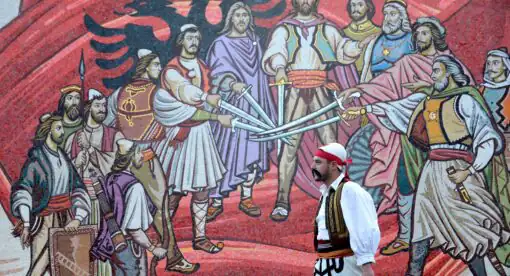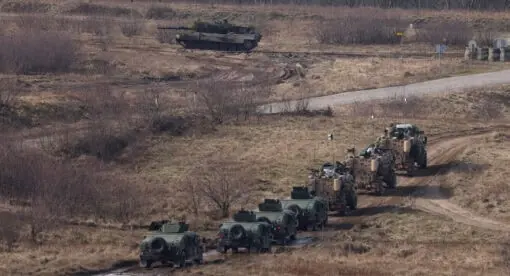Executive Summary
Though ISIS lost the territory it called its caliphate, another issue has lingered: the fate of ISIS-affiliated children. These children, dubbed by ISIS as “cubs of Caliphate,” grew up radicalized, left behind by those who indoctrinated them and were later killed or captured or went underground. Given the level of ideological indoctrination they have been exposed to, these children suffer from deep-rooted psychological trauma. ISIS-affiliated children of Western parents recently drew the world’s attention, but the need to deradicalize and integrate Syrian children has been neglected.
The main takeaways are:
• Awareness campaigns, media outlets and social media need to be used to begin breaking the connection between ISIS and the children it radicalized by not identifying children with the terrorist group or with crimes in which they were not willing culprits.
•Even though funding education plans for all Syrian children should be a priority for countries responding to rebuilding Syria, the deradicalization of ISIS-affiliated children is a crucial need.
• Collaboration among the international community, humanitarian organizations, and the Syrian government is necessary to deal with the phenomenon of radicalization, regardless of the political reception of the Syrian regime.
• Centers for deradicalizing Syrian children should be staffed with educators and counselors who know the ideology of ISIS and similar extremist groups, recognize the powerful impact of these ideologies, and counter them by explaining how they are not teachings of Islam.
The views expressed in this article are those of the author and not an official policy or position of the Newlines Institute.

